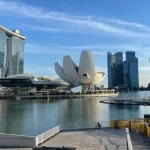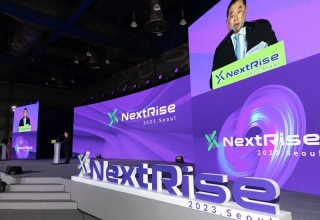
In a post-pandemic world, Singapore has taken bold steps to redefine its work culture. The implementation of a 4-day work week and more WFH opportunities reflects a commitment to work-life balance and productivity.
The 4-Day Work Week
A New Norm Employees in Singapore can now formally request a 4-day work week, more WFH days, and staggered work hours. This initiative is part of new tripartite guidelines set by the Tripartite Alliance for Fair and Progressive Employment Practices (TAFEP).
Empowering Employees The move empowers workers, especially caregivers, women, and senior workers, who often prioritize flexible work arrangements.
The WFH Revolution
Continuing the Pandemic Legacy WFH surged during the pandemic and has shown a decline post-Covid. However, Singapore’s initiative aims to maintain the momentum of remote work, driven by the benefits it has brought to both employers and employees.
Why the Change?
Aligning with Global Trends Singapore’s decision aligns with a global trend towards more flexible work options. Governments worldwide are encouraging businesses to consider flexible work requests.
Addressing Local Challenges The new guidelines address specific challenges such as a tight labour market, an ageing workforce, and the need to empower a diverse workforce.
Attracting Talent Flexible work arrangements may benefit businesses by attracting talent more quickly and increasing revenue.
Keep Reading
The Pros and Cons
Increased Productivity Businesses have reported that a 4-day work week has led to more motivated staff and improved quality of work.
Economic and Environmental SavingsEmployers can redistribute work hours and lower costs due to reduced electricity and energy consumption.
Potential Challenges There are concerns about how the 4-day work week might impact business costs, productivity, and employee well-being.
A Forward-Thinking Approach Singapore’s implementation of a 4-day work week and WFH post-pandemic is a forward-thinking approach to work culture. It balances the needs of the workforce with the realities of modern business, setting a precedent for other nations to follow.

























